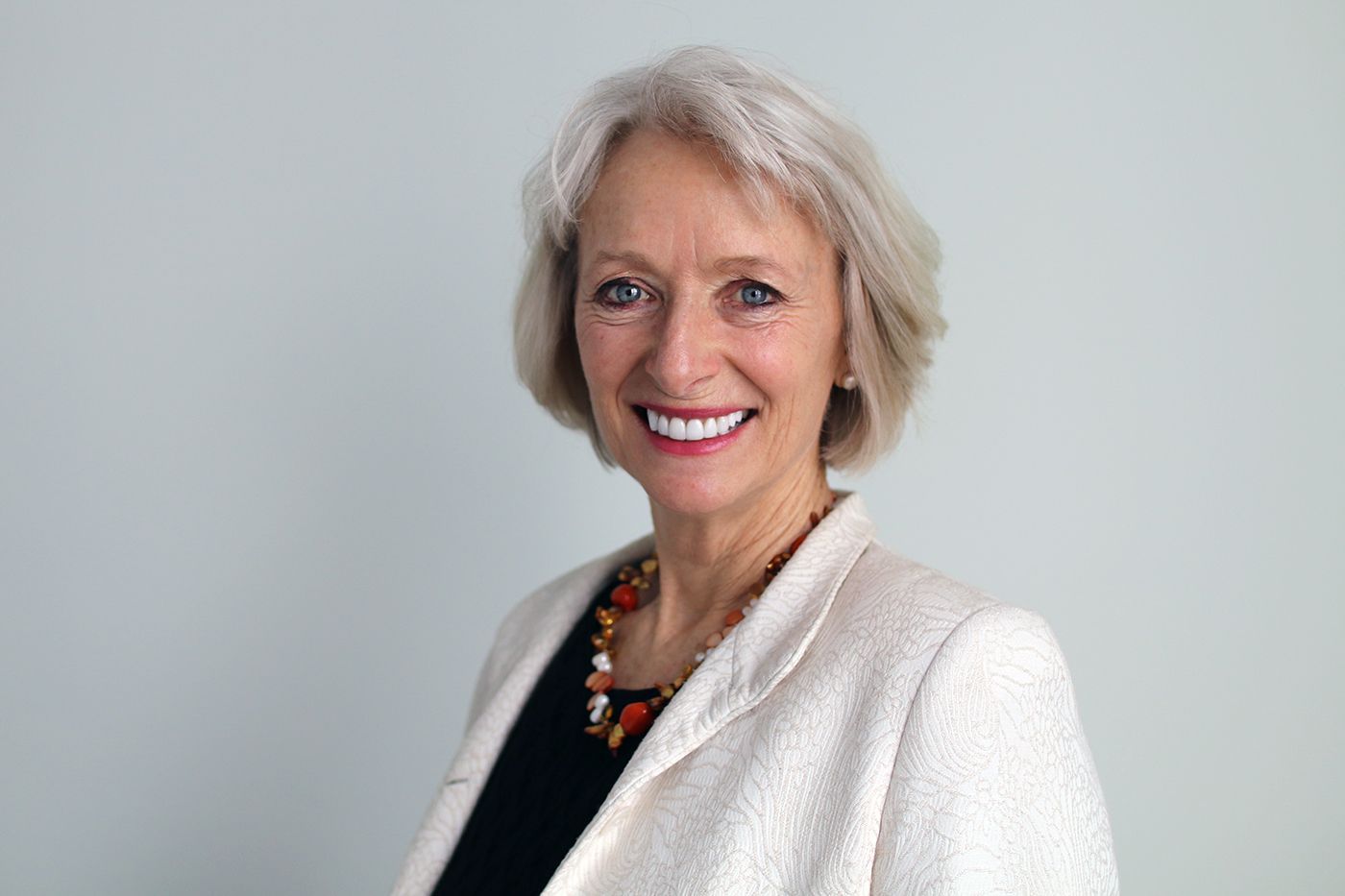 Instead of persuasive demonstrations of why their product is a good purchase, more and more companies have started campaigns that spotlight social issues, gaining brand recognition through rapid-fire shares on Facebook, Twitter, and other social media platforms.
Instead of persuasive demonstrations of why their product is a good purchase, more and more companies have started campaigns that spotlight social issues, gaining brand recognition through rapid-fire shares on Facebook, Twitter, and other social media platforms.
Following #IWD2015 on Sunday, I looked at the success of women’s product campaigns on social media and how they have inspired, and been inspired, by a modern-day feminist movement and a feeling of female empowerment, for which social media has been in many ways the catalyst and the carrier.
One of the feminist brand campaigns with the most buzz is Always’s #LikeAGirl video. After contrasting post-puberty females’ and males’ stereotypes associated with the phrase “Like a girl” with younger girls’ more positive interpretations, the video proceeds to dissect the socialisation of women to feel weak. Its empowering message made it one of the most successful viral videos of last year, with 749,092 hashtag mentions since launching on 26 June 2014.
Successful social campaigns need to be groundbreaking and ask audiences to engage either by sharing their stories or incorporating the brand messaging into their conversation. Furthermore, they need to connect with a specific demographic that is already susceptible to and supportive of the message a brand is communicating.
Our analysis shows that compared to general feminist and women’s rights social conversations, the #LikeAGirl conversation has the same affinity for social change, social justice, women’s issues, leadership, innovation, creativity and entrepreneurship. In other words, the brand campaign taps into very real issues and emotions and inspires genuine engagement from an interested audience. While a campaign like this runs the risk of taking on a life of its own independent of the brand, #Always is still the top hashtag associated with #LikeAGirl.
The same is true for Gap Inc’s #letsdomore campaign which champions women’s rights and which interestingly contributes to most of the online conversation around the Gap brand.
These brands are imitating the “hashtag activism model” – establishing brand recognition by creating active and empowered communication in line with that of non-promoted or organic feminist social campaigns. Other examples include the thriving social justice campaign #StrongerThan launched by the Taliban attack victim Malala Yousafzai promoting hope, equal education for all girls and peace, and the #BringBackOurGirls hashtag fighting for the return of the Nigerian schoolgirl kidnappings last year.
The common theme for all these campaigns is a sentiment of hope and progress built by a unified social media front as users share, for example, what they are “stronger than”, or why, in fact, it is empowering to be “like a girl”. Women are able to share their experiences and relate to those they read, finding empowerment in unity.
Celebrity incidents such as Emma Watson’s viral UN speech on feminism and the #HeForShe campaign, and Jennifer Lawrence’s leaked nude photographs and the online reaction they incited have also reinvigorated the debate on feminism, encouraged a younger generation to engage with the topic and have enhanced the role of feminism in marketing and advertising.
While we hear much in the news of the negative and dangerous messages social media has been used to spread, following the success of #IWD2015 let’s take a moment to celebrate social media’s positive democratising force, giving women a voice across the world and being a catalyst for the modern day feminist revolution!
Stephanie Newby, CEO, Crimson Hexagon
If you enjoyed this article, sign up for free to our twice weekly editorial alert.
We have six email alerts in total - covering ESG, internal comms, PR jobs and events. Enter your email address below to find out more:








